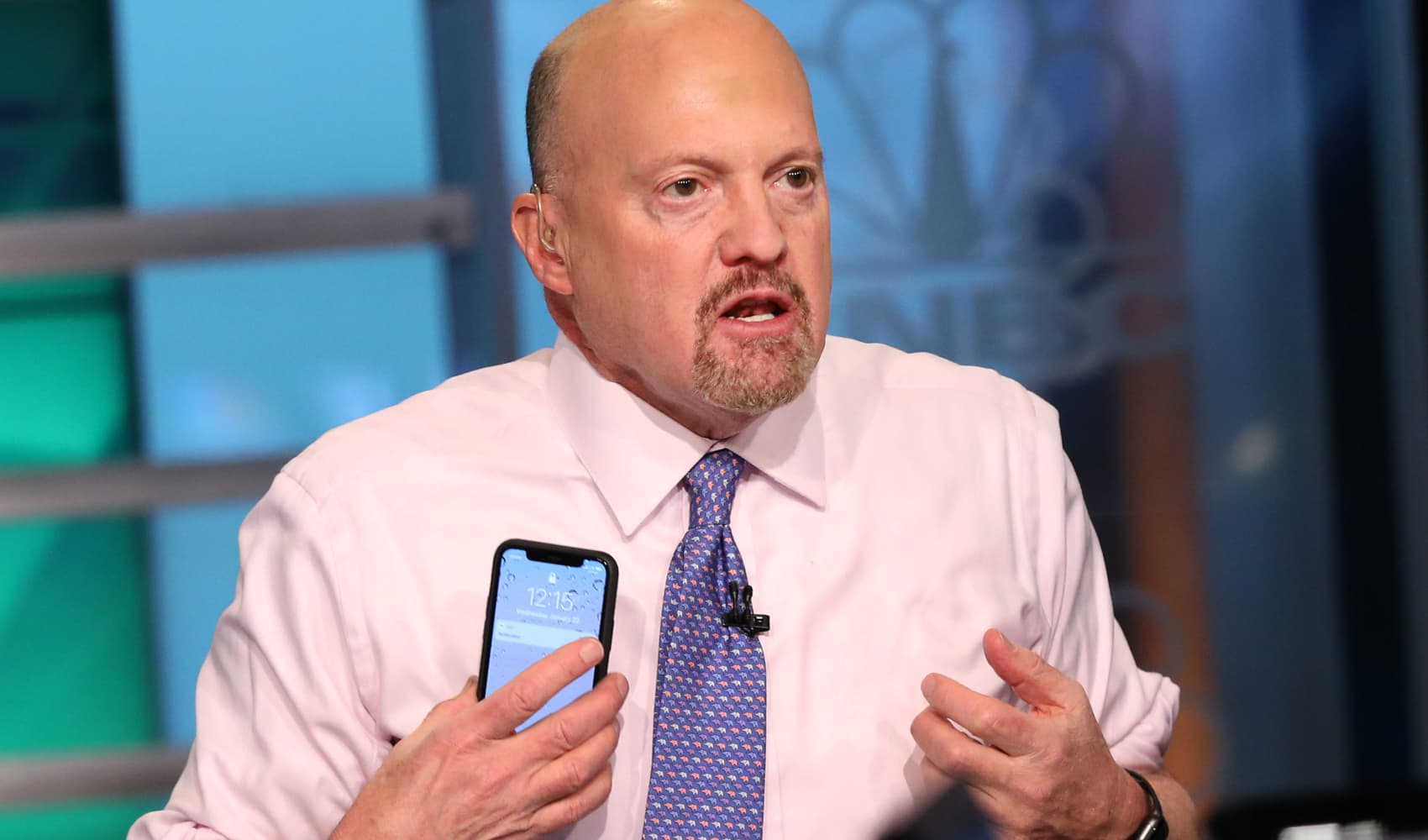
- Ford needs batteries for its electric vehicles more than semiconductor chips, CEO Jim Farley told CNBC's Jim Cramer on Thursday.
- His comments follow the Detroit automaker shutting down customer reservations for an upcoming electric version of the F-150 after they hit 200,000 units.
- The electric F-150 Lightning is scheduled to go on sale in the spring.
Watch NBC6 free wherever you are
>Ford Motor needs batteries for its electric vehicles more than semiconductor chips, CEO Jim Farley told CNBC's Jim Cramer on Thursday.
His comments come after the Detroit automaker shut down customer reservations for an upcoming electric version of the F-150 after they hit 200,000 units, which is more than double Ford's annual production capacity for the vehicle. The electric F-150 Lightning is scheduled to go on sale in the spring.
Get local news you need to know to start your day with NBC 6's News Headlines newsletter.
>"We'll get the semiconductors, that's a matter of prioritizing the (battery-electric vehicles) over the (internal combustion engine) vehicles," Farley said during a webcast for the CNBC Investing Club with Jim Cramer. "The issue is batteries. That's what we have to solve."
Farley said the automaker is "completely oversubscribed with our battery electric vehicles," specifically the F-150 Lightning. He told CNBC last week that Ford was doing "whatever it takes" to double production capacity for electric F-150 pickup.
Farley's comments may surprise many as the automaker continues to deal with a global shortage of semiconductor chips that has wreaked havoc this year on the global automotive industry.
Money Report
Automakers like Ford are increasingly striking deals to source materials and parts for electric vehicles, specifically batteries, to potentially avoid supply chain interruptions like the chips shortage has highlighted.
There's worry by some Wall Street analysts that demand for EVs will exceed the expected supply of critical materials such as lithium, creating a problem for automakers to produce the vehicles.






